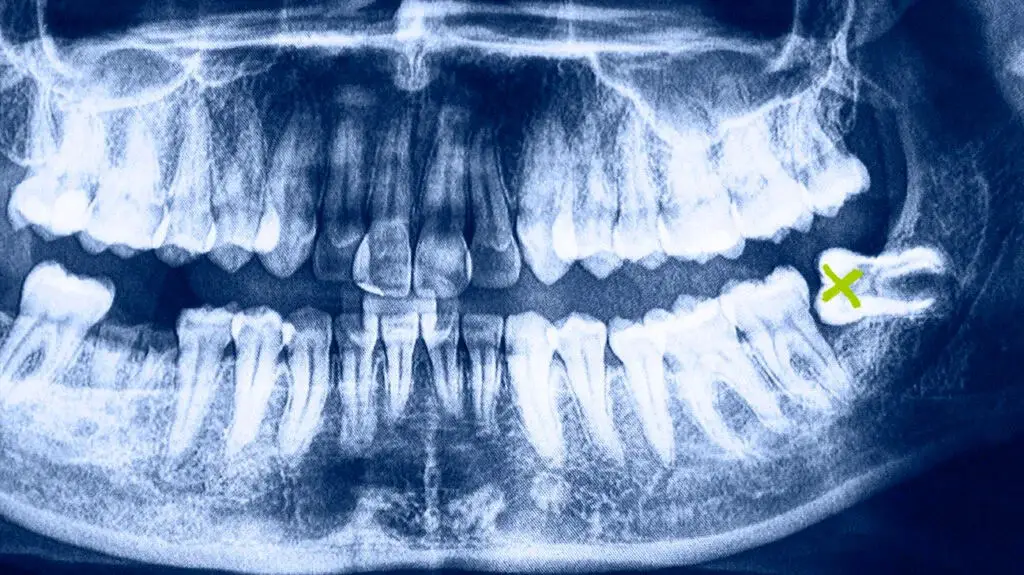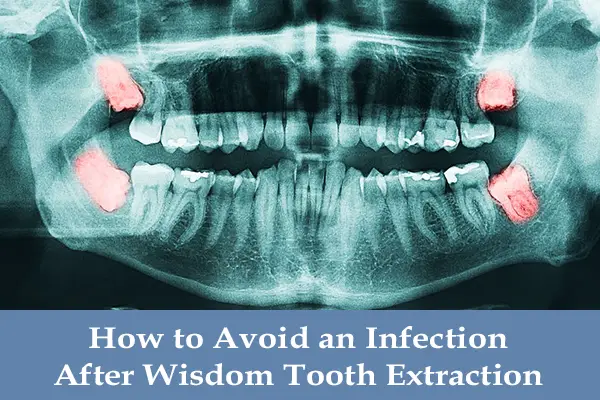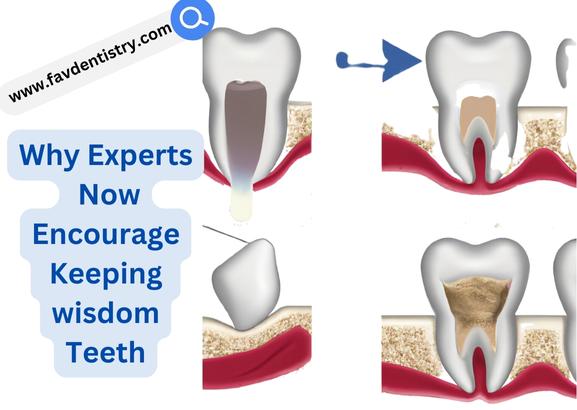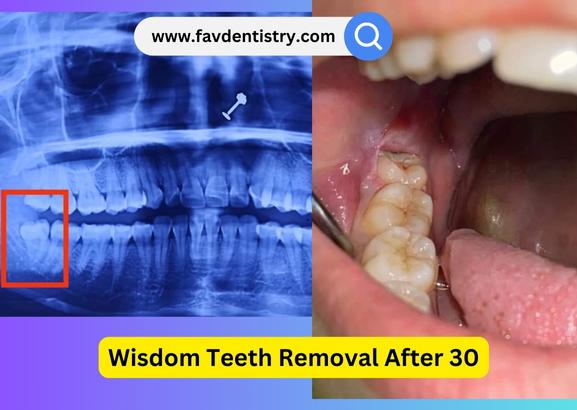Last Updated on 3 weeks by DR. ALBIN SIPES
Bleeding after wisdom tooth removal is normal, but if it continues for more than 24 hours, it is best to consult your dentist. Wisdom tooth extraction is a common dental procedure that involves the removal of one or more third molars, located at the back of the mouth.
While some bleeding after the extraction is normal, prolonged or excessive bleeding can be a cause for concern. This article aims to provide insights into the reasons behind bleeding after wisdom tooth removal, as well as offer suggestions on how to manage and alleviate this issue effectively.
By understanding the potential causes and implementing appropriate measures, individuals can promote their healing process and reduce any discomfort or complications associated with continued bleeding.
Understanding The Normal Healing Process
Understanding the normal healing process is crucial after wisdom tooth removal. It’s expected to experience some bleeding. Bleeding is a normal part of the recovery, and it commonly occurs immediately after the extraction. The extraction site will be packed with gauze to help control the bleeding.
However, it’s important to note that the duration and intensity of bleeding can vary from person to person. Typically, the bleeding should lessen within the first 24 hours and gradually subside. It’s recommended to avoid anything that could increase blood flow, such as rinsing vigorously or using a straw.
If bleeding persists beyond 24 hours or is excessive, it’s advisable to contact your dentist or oral surgeon for further guidance. Remember, each individual’s healing process is unique, so it’s essential to follow your dentist’s instructions for a successful recovery.
Potential Causes For Prolonged Bleeding
Bleeding after wisdom tooth removal can be concerning, especially if it continues longer than expected. There are several potential causes for prolonged bleeding. One possible reason is the use of blood thinners, which can delay the clotting process. Another factor could be the development of dry socket, a painful condition where the blood clot fails to properly form or becomes dislodged.
Poor oral hygiene may also contribute to ongoing bleeding as it can lead to infection and inflammation. Proper care and gentle brushing around the extraction site are crucial. If bleeding persists beyond the expected healing period, it is important to consult your dentist or oral surgeon for further evaluation and guidance.
Understanding the potential reasons behind prolonged bleeding can help you address the issue effectively.
Frequently Asked Questions Of Still Bleeding After Wisdom Tooth Removal
Why Am I Still Bleeding After Wisdom Tooth Removal?
Bleeding after wisdom tooth removal is common and can last for up to 24 hours. It’s important to keep biting on gauze pads and avoid strenuous activities that may increase bleeding. If bleeding persists or worsens after 24 hours, contact your dentist for further evaluation.
How Can I Stop The Bleeding After Wisdom Tooth Removal?
To stop the bleeding after wisdom tooth extraction, place a clean gauze pad on the extraction site and bite down firmly for 30 minutes. Avoid rinsing, spitting, or drinking through a straw for the first 24 hours, as these actions can disrupt the blood clot and prolong bleeding.
Is It Normal To Have Some Bleeding After Wisdom Tooth Removal?
Yes, it is normal to experience some bleeding after wisdom tooth removal. However, the bleeding should gradually decrease within the first 24 hours. If bleeding persists beyond that or becomes heavy, contact your dentist for guidance and further evaluation.
How Can I Manage Post-Operative Bleeding After Wisdom Tooth Removal?
To manage post-operative bleeding after wisdom tooth removal, follow your dentist’s instructions carefully. Bite down on gauze pads to apply pressure on the extraction site, avoid activities that can increase bleeding, and maintain proper oral hygiene. If bleeding continues or worsens, contact your dentist for advice.
What Can Cause Prolonged Bleeding After Wisdom Tooth Removal?
Prolonged bleeding after wisdom tooth removal can be caused by dislodged blood clots, inadequate pressure applied on the extraction site, or certain medications. It is important to follow your dentist’s aftercare instructions and seek professional advice if bleeding persists or becomes severe.
Conclusion
Dealing with ongoing bleeding after wisdom tooth removal can be frustrating and concerning. However, by following the appropriate post-surgery care instructions and taking necessary precautions, you can manage the bleeding effectively and aid the healing process. First, ensure you maintain gentle oral hygiene practices, such as avoiding vigorous rinsing or brushing near the extraction site.
Applying a cold compress and keeping your head elevated can help reduce swelling and alleviate bleeding. Additionally, be cautious with your diet by consuming soft, cool foods and drinks to prevent any further irritation. Remember to stay hydrated, but try to avoid using straws as the suction can disrupt blood clot formation.
Finally, if the bleeding persists or worsens, it is crucial to contact your oral surgeon immediately for further evaluation. By following these steps, and having patience, you can facilitate a smooth recovery and minimize post-extraction bleeding.







